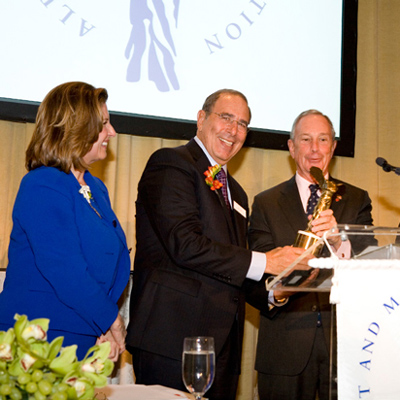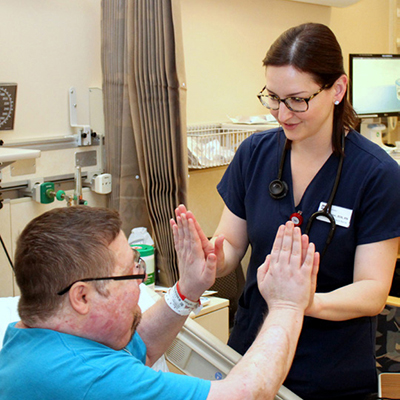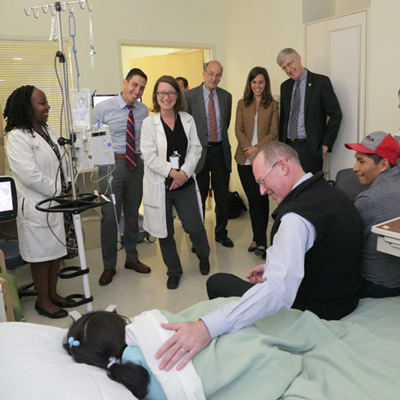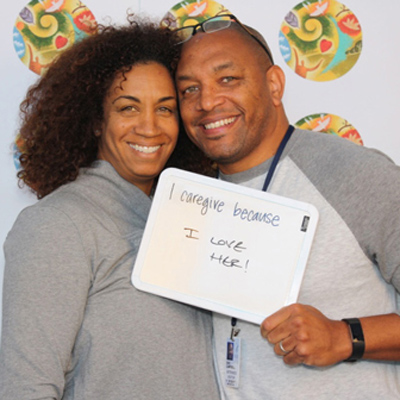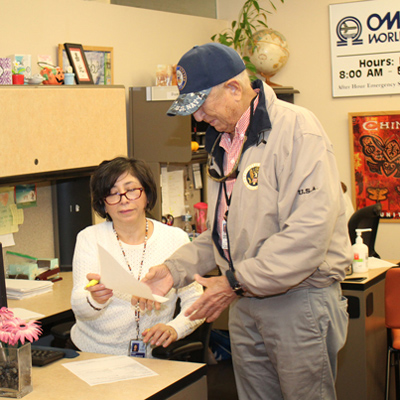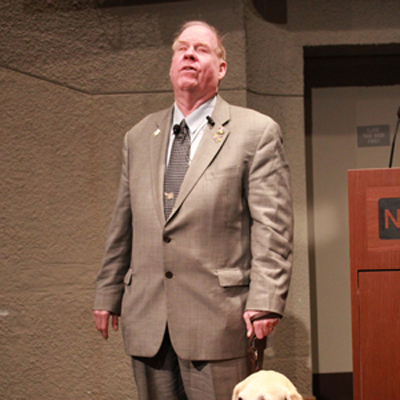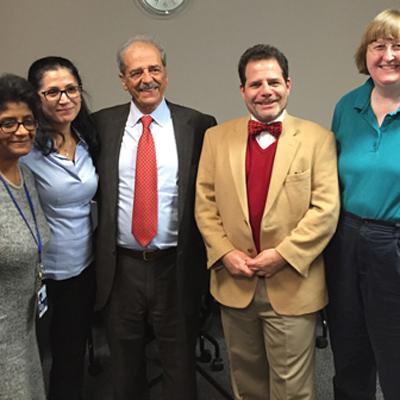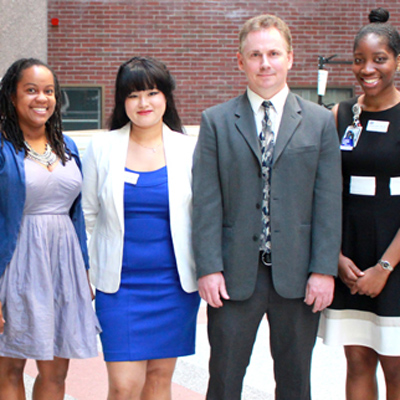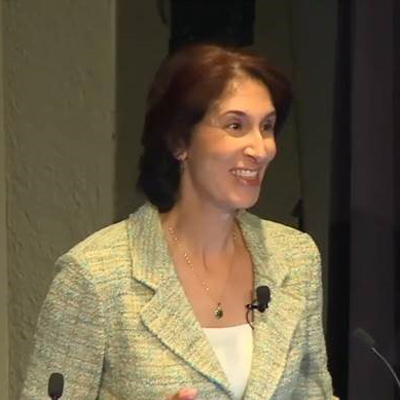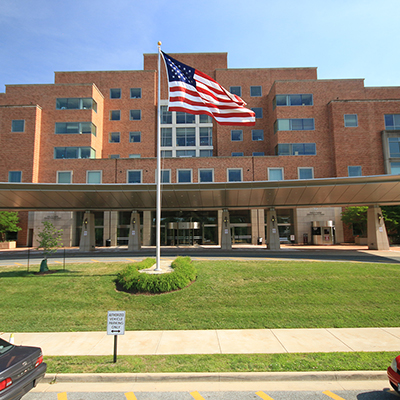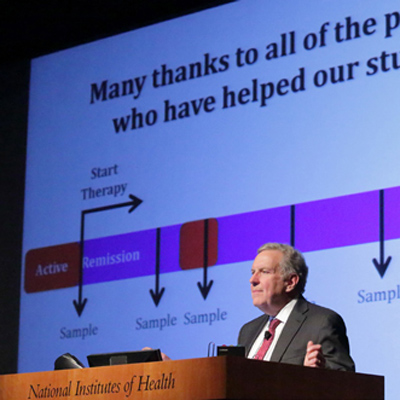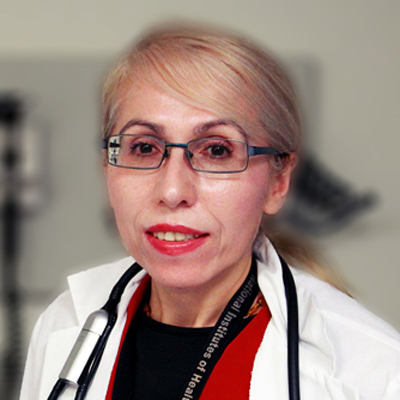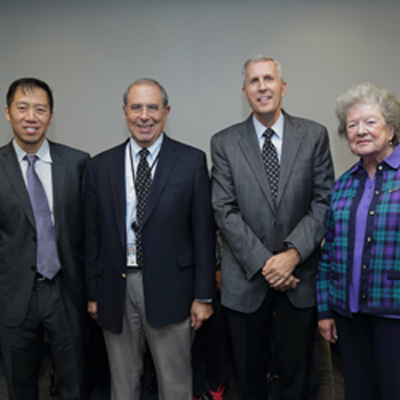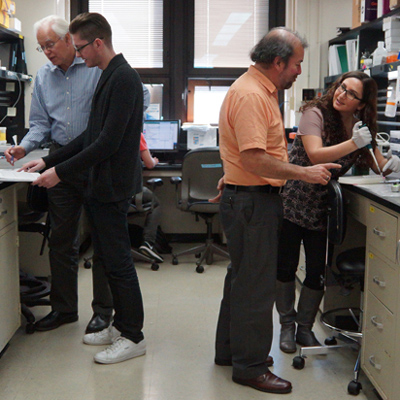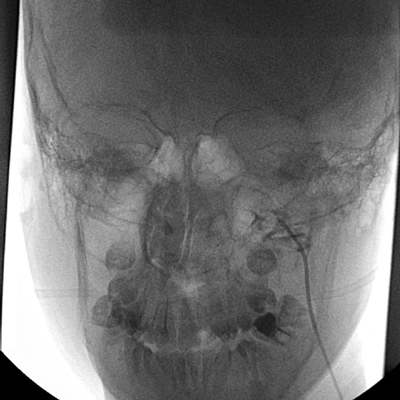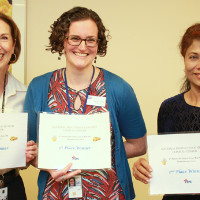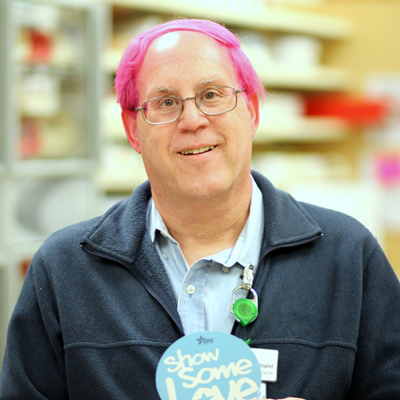Travel Office connects patients with cures
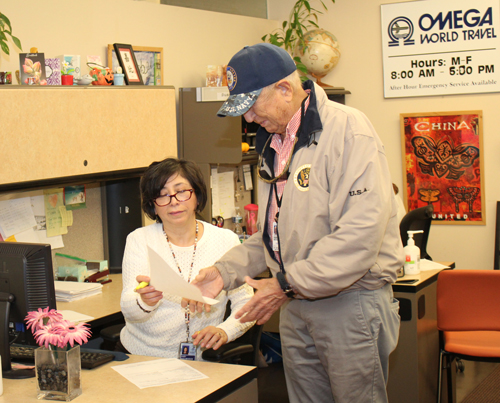
Imagine you've been diagnosed with a rare disease that doctors see in one out of 200,000 patients. Your physician has reached out to the NIH Clinical Center in Bethesda, Md., and you have been accepted into a clinical trial at one of the world's most prestigious research hospitals. You're feeling a mix of emotions: relief, anxiety and curiosity. But the next big question is, "How do I get there?"
If you live close to the Clinical Center, the answer is easy: hop into your car or onto the transit system that connects Maryland, Virginia and the District of Columbia. But if you aren't nearby — like almost 10,000 patients in the 2016 fiscal year — getting to the hospital for treatment may be a challenge.
Fortunately, patients don't have to figure out travel details on their own. The Clinical Center has an onsite Travel Office located on the first floor, near Admissions, that works with patients. Contracted through Omega World Travel, the office has four full-time travel agents and one supervisor who serves as a backup travel agent. One member of the team is fluent in Spanish, reflecting the needs of an increasingly diverse patient population. With over 19,000 trips booked in fiscal year 2016, the office is busy.
The office can arrange airline and Amtrak rail travel for patients and authorized medical guardians. Hotel reservations are not in the purview of Omega Travel's patient services.
For eligible participants, travel is paid for as a part of the research protocol in which the patient is enrolled. The research team may determine that a medical escort is also required to accompany the patient. The office works with families to also ensure that they can coordinate and travel together.
"We are committed to booking the lowest government fare available while also trying to help families travel together. A lot of the people coming to the Clinical Center are very sick and need assistance as they travel to the hospital," said Barbara Stevenson, Omega World Travel's manager of the patient travel office at NIH.
The office also helps figure out many health-related details unfamiliar to most travel agencies. Many people travel with service animals, but commercial airlines only allow one assistance animal per plane; airlines have guidelines that govern the use and transportation of oxygen canisters; many patients have impaired mobility and need assistance to get around airports and on and off of the plane.
Staff at the office often share travel tips about the local airports (Washington National, Dulles and Baltimore Washington International) and work hard to make arrivals and departures coordinate seamlessly with the NIH shuttle connections that run to the local airports.
The staff strive to be flexible. Since patients enrolled in clinical studies are often facing their last hope for treatment, it isn't always possible to predict how someone who is ill will respond to a medical procedure or new medication. The staff respond dynamically to patient needs and shifting schedules and can accommodate last-minute adjustments that often result from patients' medical care. If patients end up with unexpected long-term stays, they can be connected with resources available from the Social Work Department.
Patients appreciate the important work of the office, and the staff have a sense of connection as many patients return for follow-up care. Staff require poise and thoughtfulness since they deal with patients at different stages of their illness: new diagnoses, ongoing treatment and discharge.
Robert Richardson, who is participating in a prostate cancer trial, greatly relies on the services of the Travel Office.
"I've been coming up so much — every three weeks — for six and a half years. You get to know [the staff here, over time.] It's...like family."
As a token of his appreciation, Richardson bought brownies for the office.
Stevenson, who has been with Omega Travel at the NIH since 2002, recalled one family who went through a gamut of emotions. The husband came in for cancer treatment with his wife serving as caregiver. Treatments led to his eventual cure. Then he and his wife reversed their roles of caregiver and patient when his wife subsequently developed lung cancer and was enrolled in a different protocol.Stevenson summarized her experiences: "It's an incredibly rewarding job. The best feeling is when someone comes into your office and says, 'I'm cured.'"
